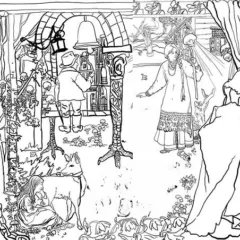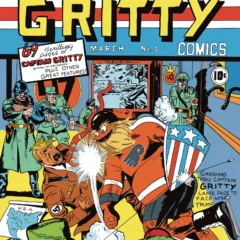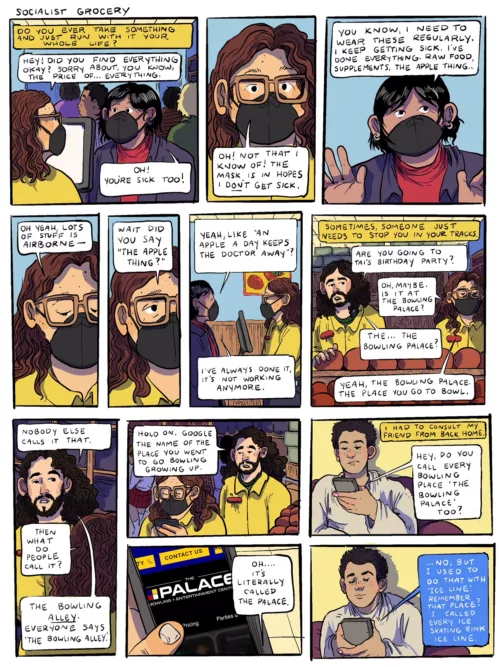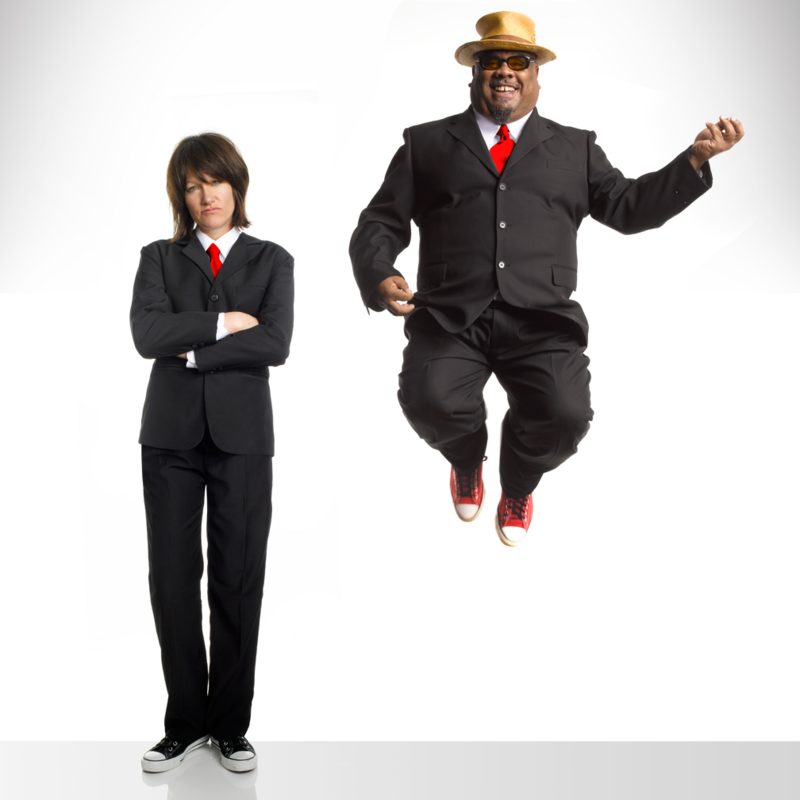
In 2016, we find ourselves in the deep end of in-your-face politics, ongoing systemic racism, and unresolved equal rights issues. Someone that was no stranger to grappling the truth of social politics was James Baldwin (d. 1987), who once noted that “all artists, if they are to survive, are forced, at last, to tell the whole story, to vomit the anguish up.” It’s been nearly thirty years since Baldwin’s death and his beautifully biting words still remain relevant as ever. James Baldwin (called Jimmy by those who knew him well) was an artist ahead of his time as he sought to shed light on the injustices suffered by minorities. As a black and gay man, Baldwin’s work was as cathartic for him as it was for his readers traveling on similarly challenging voyages.
90 minutes, 90 years
Notes of a Native Song (title inspired from Baldwin’s non-fiction book, Notes of a Native Son), is a 90-minute song cycle with theatrical elements created by Tony-award winner Stew (composer, text) and Heidi Rodewald (composer) to showcase the impact of Baldwin’s life and work. The song cycle made its world premiere earlier this year at Harlem Stage as part of “Year of James Baldwin,” a 14-month festival in celebration of what would have been Baldwin’s 90th birthday. Here in Philadelphia, Notes of a Native Song was presented as part of the 2016 Fringe Festival from September 8-11 at the Wilma Theater, an intimate 300-seat space, to a sold out audience.
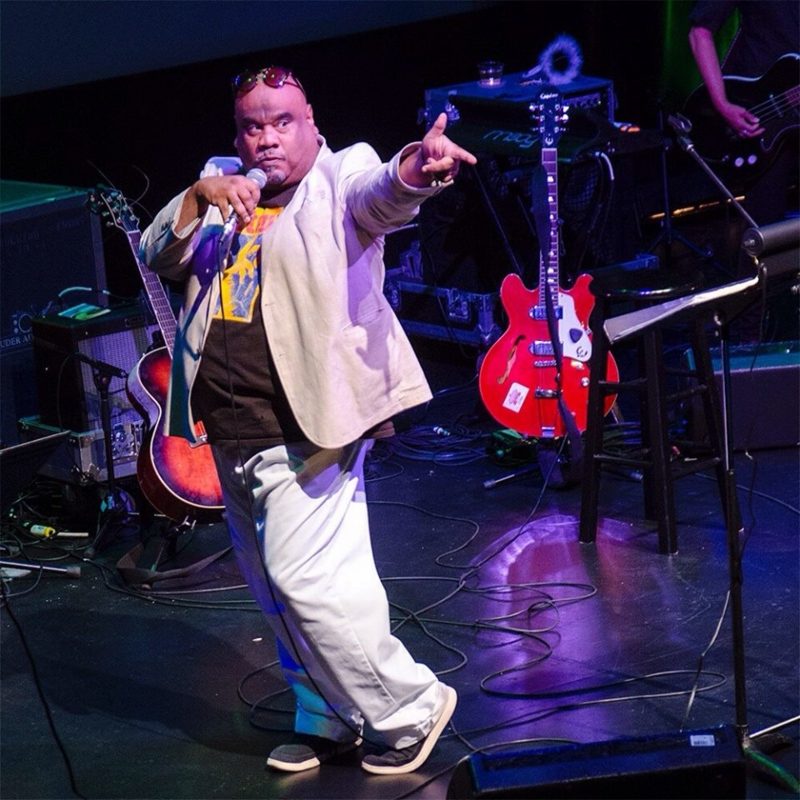
The song cycle features a feverishly energetic band called The Negro Problem with Stew (guitar, vocals), Heidi Rodewald (bass, guitar, backing vocals), Marty Beller (percussion), Art Terry (piano), and Mike McGinnis on various woodwind instruments. Musically, the song cycle’s sound is a concoction of rock and roll meets musical theater with Baldwin’s honest spirit ever present in Stew’s lyrics. Stew even described the song cycle as “this isn’t musical theater, we’re living lives,” which speaks to how the material behind Baldwin’s work transcended its artistic significance.
Baldwin’s poetry alone is quite musical and flows easily as part of the songs, whether they are sung or shown as part of the multimedia presentation. One image that was quite alluring was a multi-layered moving shot of Baldwin’s face rising up in various colors (an inspired take on Andy Warhol’s “Marilyn Diptych”). A favorite song out of the song cycle was the guitar-driven “Florida, you kill me,” which was filled with clever references to the 2000 presidential election outcome and “Miami Vice,” a popular 80s TV series. The song had a sing-along alternative quality to it and stood as more of a commentary on the state’s recent unfortunate affairs. Stew sang it from the headspace Baldwin might have been in had he witnessed what transpired in Florida (the Trayvon Martin case, most of all)
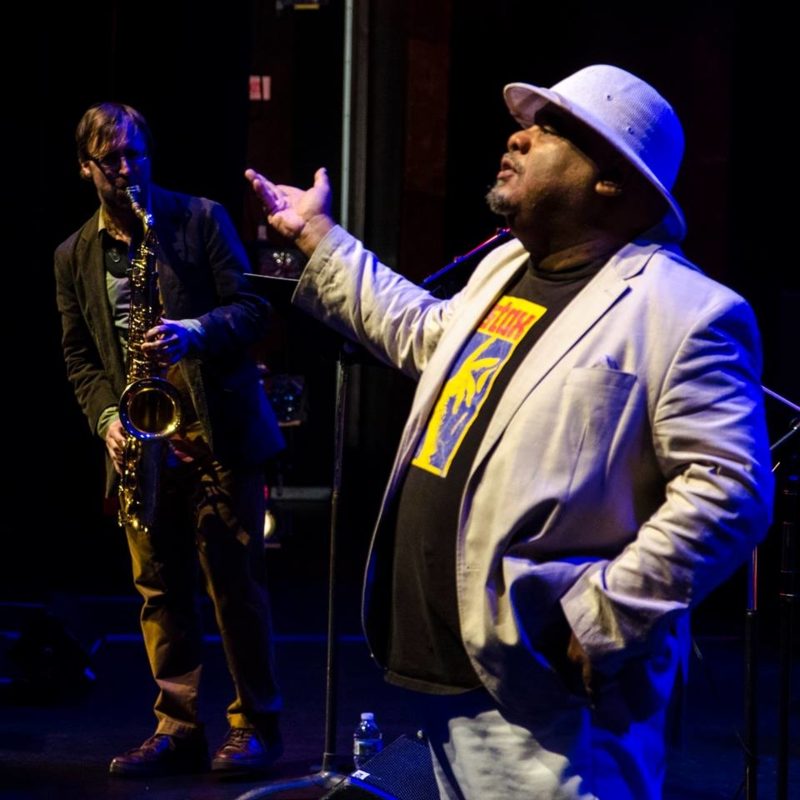
In between songs, Stew would speak to the audience in an unscripted fashion in which you felt like you were taken to Baldwin’s apartment. In some ways, the set-up to the song was more intriguing than the song itself as it revealed little details about Baldwin that you may not have known unless you were already a James Baldwin expert. What the music was able to capture was Baldwin’s unapologetic pride in who he was in addition to his sharp wit. However, as the show went on I found myself wanting to hear more of the theatrical content and a bit less of the musical content.
Native sons
It interested me in particular to learn about James Baldwin’s criticism of then-famed Richard Wright’s work, Native Son, a work that has long represented the black voice for the mainstream public at large. Baldwin found Wright’s best-selling book to be severely lacking in its portrayal of its main character Bigger Thomas as the stereotypical “angry black man.” This led Baldwin to write an essay about the book in his work Notes of a Native Son, which he directly called “Everybody’s Protest Novel”.
In one of Stew’s monologues to the audience, he noted that artists in the often-disingenuous social world kiss ass to their contemporaries to get ahead in the game in order for their careers to progress. Back in Baldwin’s time, if he didn’t click with an artist’s work or point of view, as was the case with Richard Wright, he made that clear to them (the equivalent of de-friending someone on Facebook, as Stew memorably said).
The experience of Notes of a Native Song, both Baldwin’s writings and Stew’s text, made me reflect on the value of speaking up for what you believe to be right, and denouncing what you know is wrong, even if those around us don’t want to hear the ugly truth.


